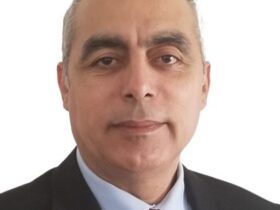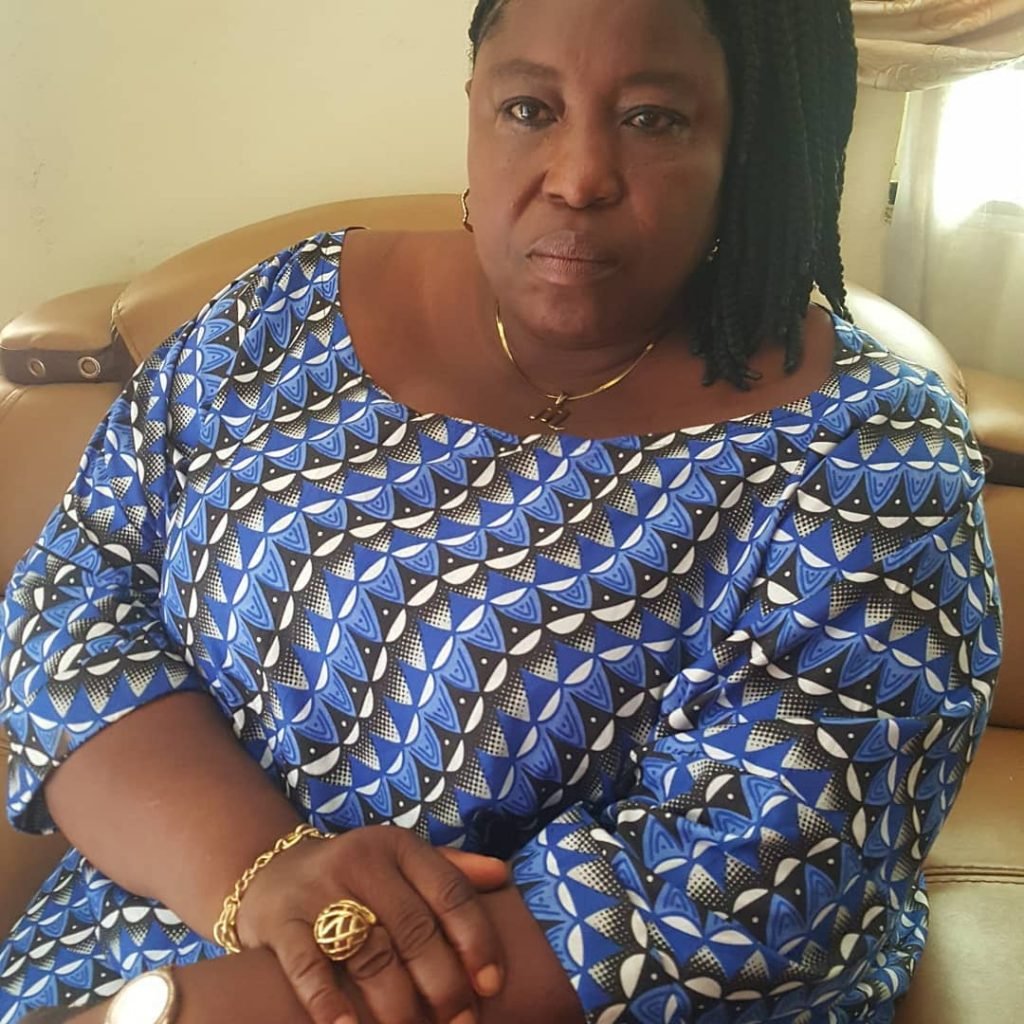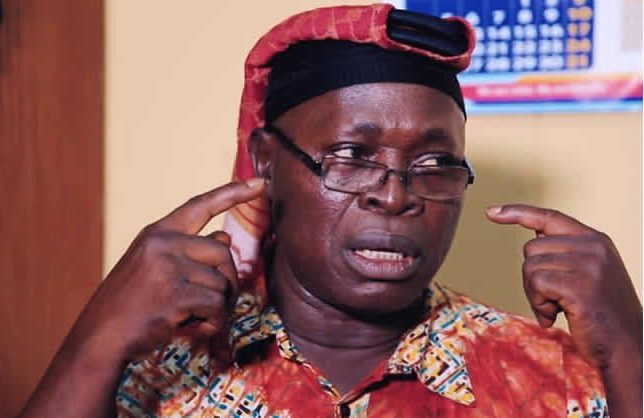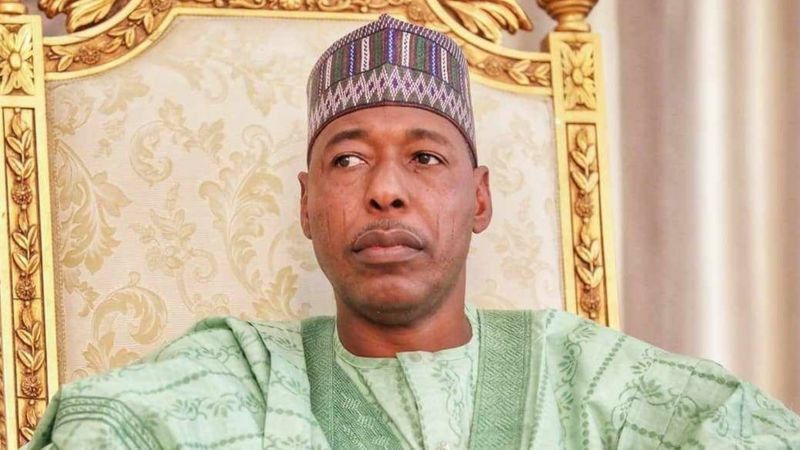By Taiwo Ajayi
The high poverty rate in Nigeria is a major challenge for the country’s youth.
However, unemployment and its effects remain the most significant issue young people have to deal with in Nigeria today. The report found that over 60% of unemployed youth in the country have been unemployed for at least 1 year and that a significant number of them have been unemployed for several.
The high unemployment rate among Nigerian youth has several negative consequences. It leads to poverty, crime, and social unrest. It also makes it difficult for young people to start families and build their futures.
Several factors contribute to the high unemployment rate among Nigerian youth. These include:
A lack of economic opportunities: The Nigerian economy is not growing fast enough to create enough jobs for the country’s growing population.
A lack of skills: Many Nigerian youth do not have the skills that are in demand by employers.
A lack of access to education and training: Many Nigerian youth do not have access to quality education and training, which makes it difficult for them to get good jobs.
Discrimination: Nigerian youth face discrimination in the labor market, which makes it even more difficult for them to find jobs.
The high poverty rate among Nigerian youth is a serious problem that needs to be addressed. The government needs to create more economic opportunities for young people, improve the quality of education and training, and address discrimination in the labor market.
In addition to the government’s efforts, there are several things that individuals and organizations can do to help address the high poverty rate among Nigerian youth. These include:
Providing financial assistance to unemployed youth.
Offering job training and placement services.
Advocating for policies that support young people, such as education reform and job creation programs.
Volunteering your time to help young people in need.
By working together, we can help to create a better future for Nigeria’s youth and reduce the high poverty rate in the country.













